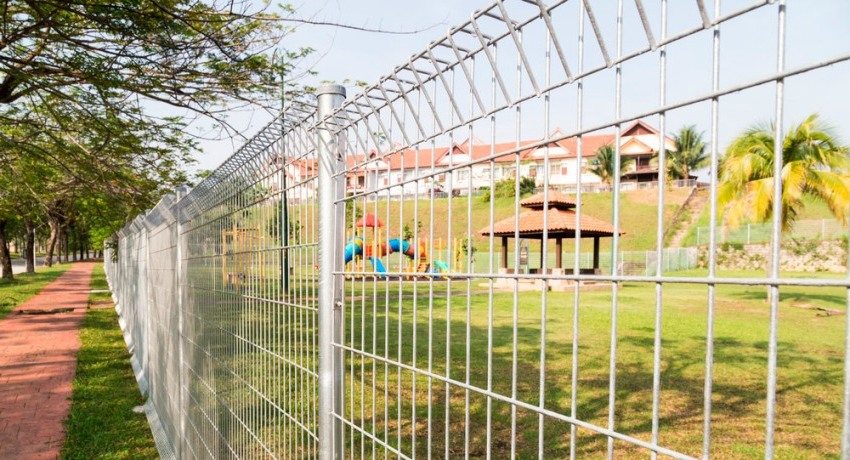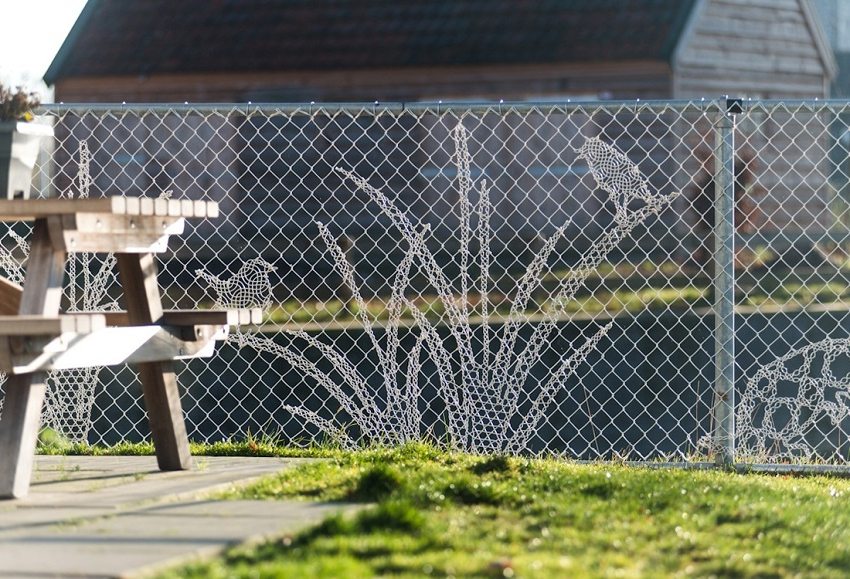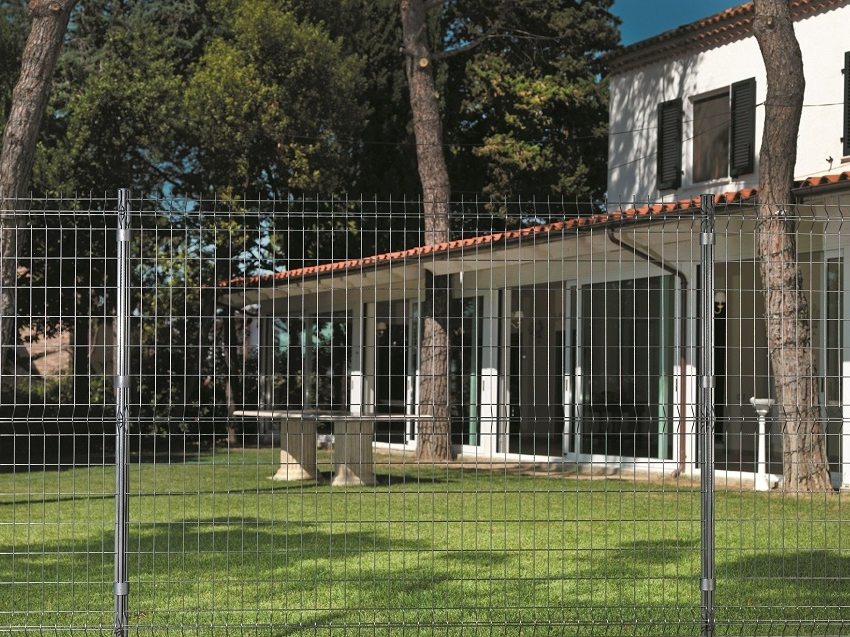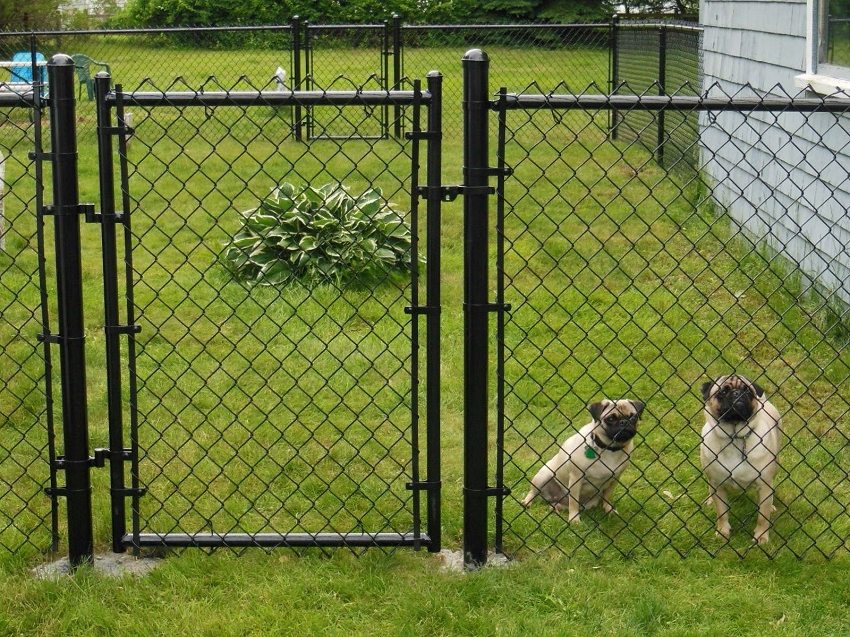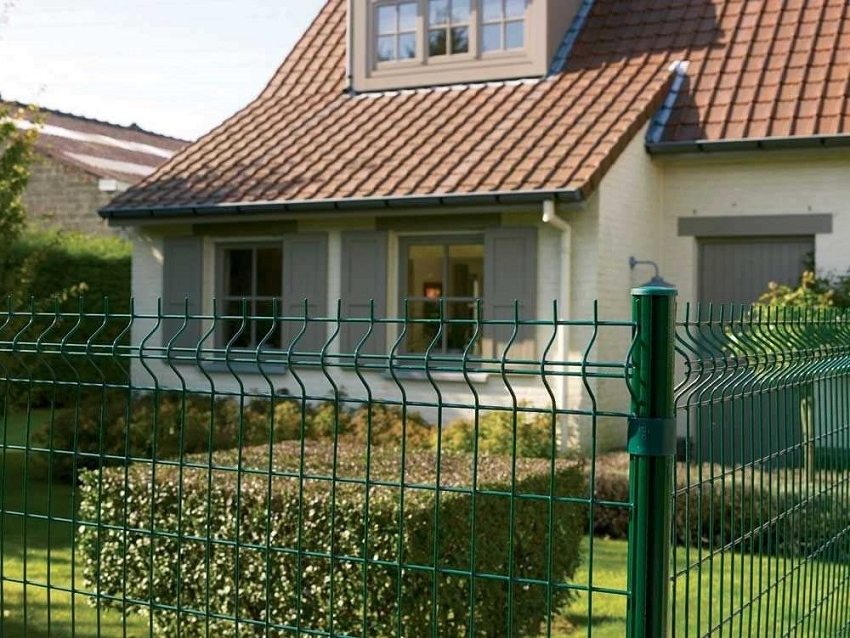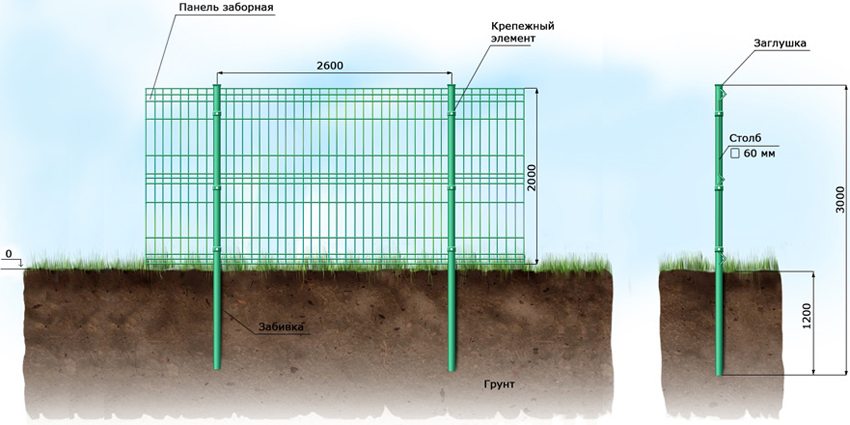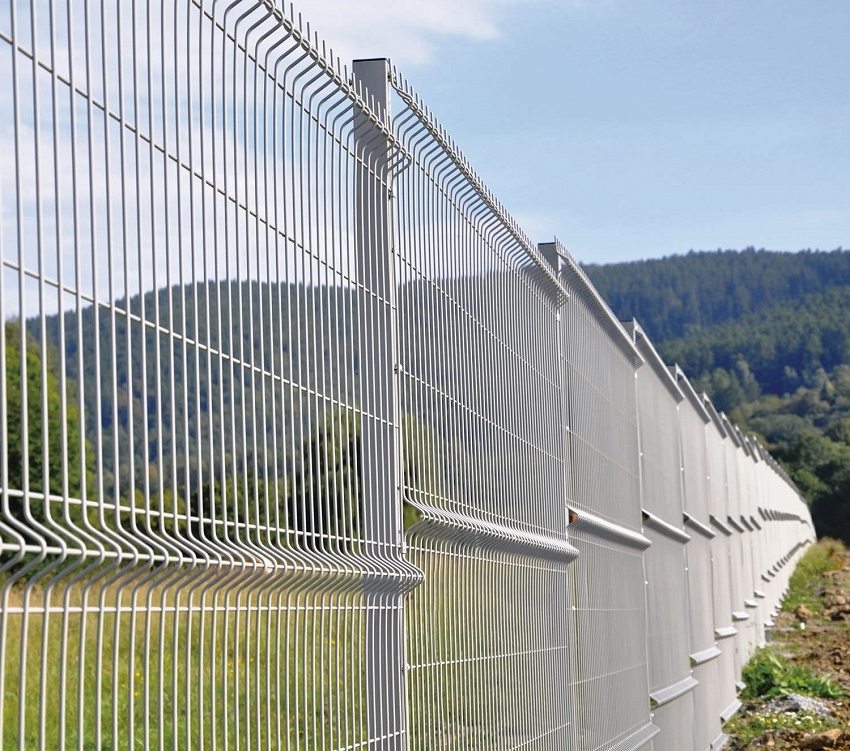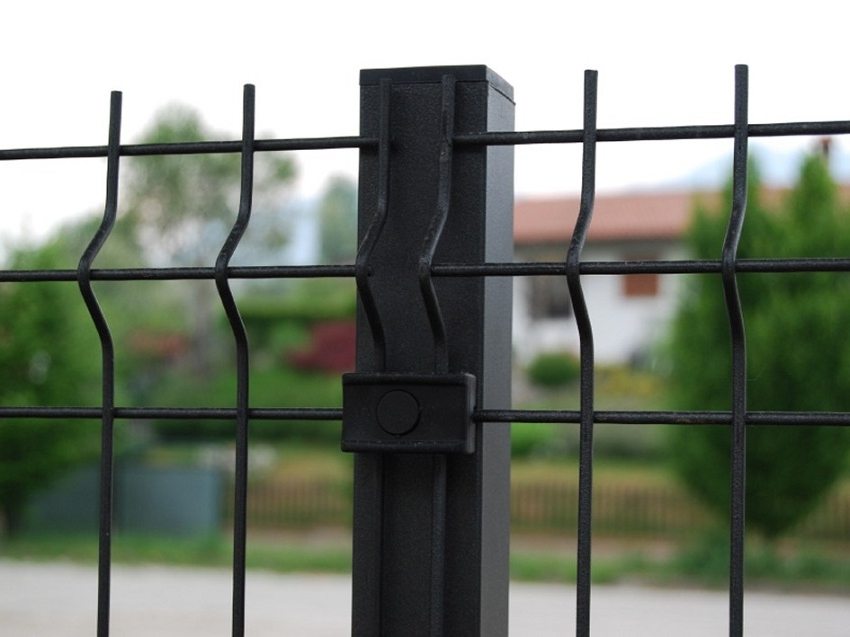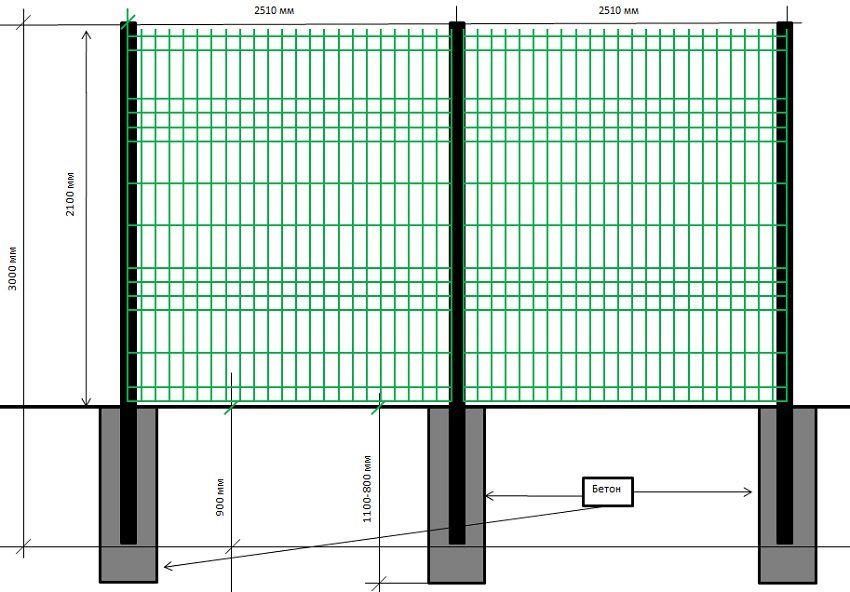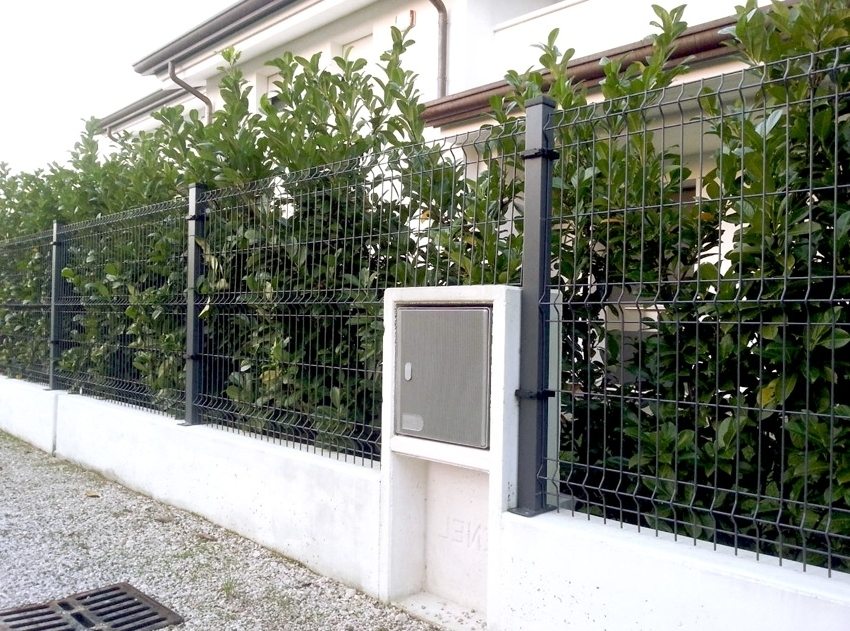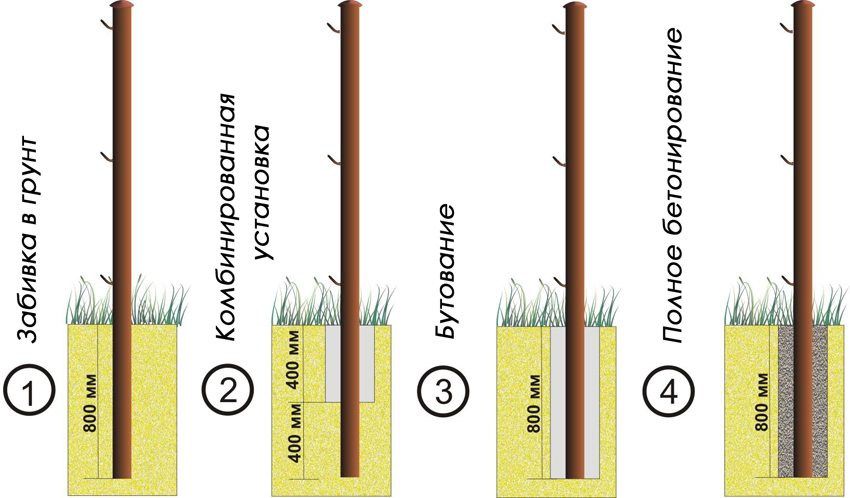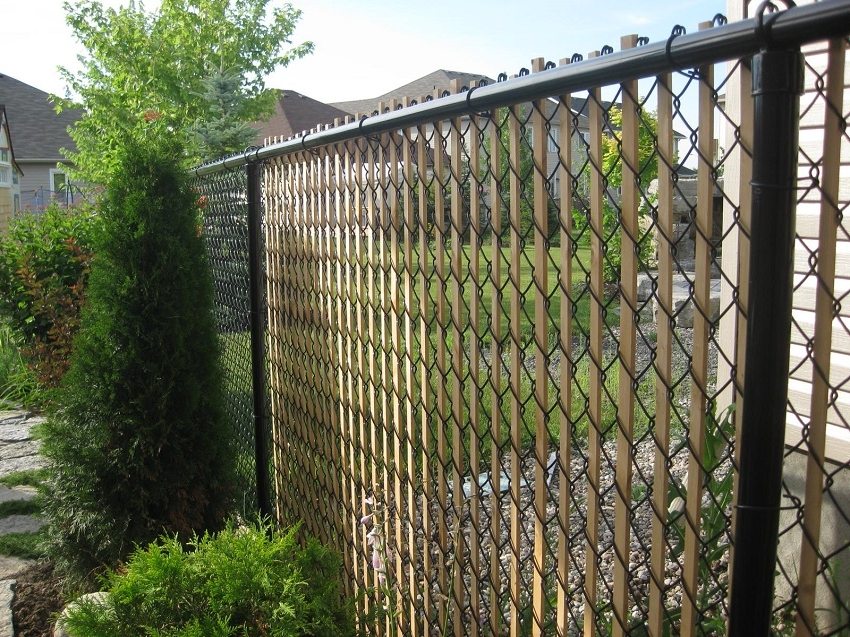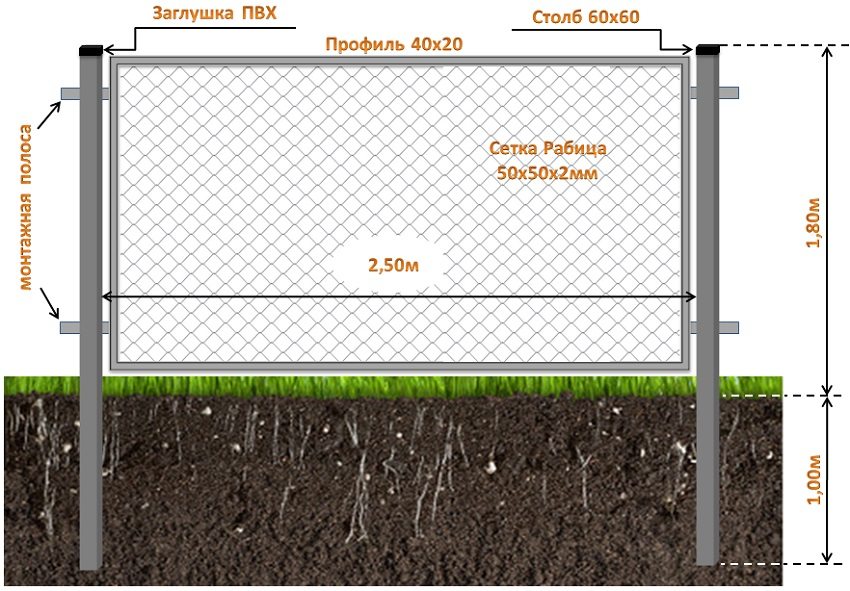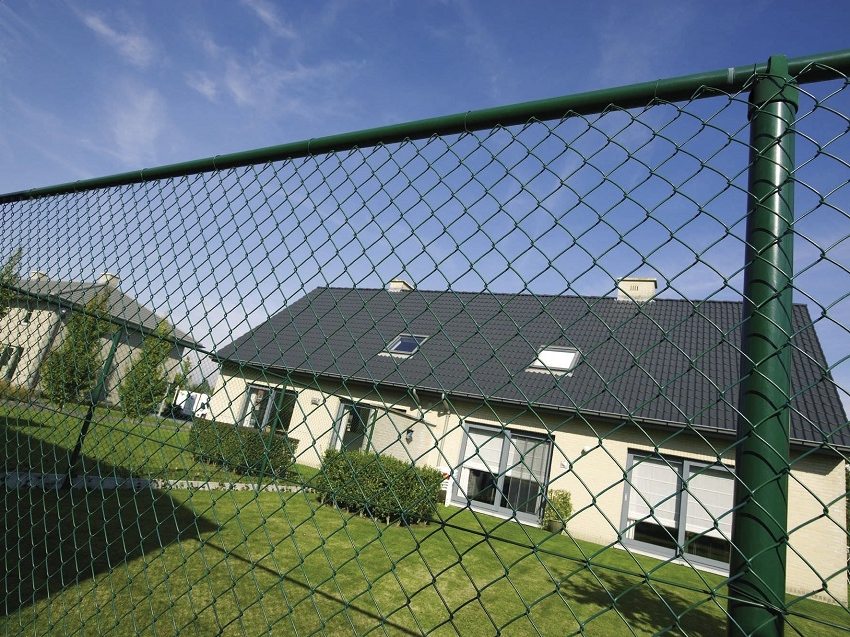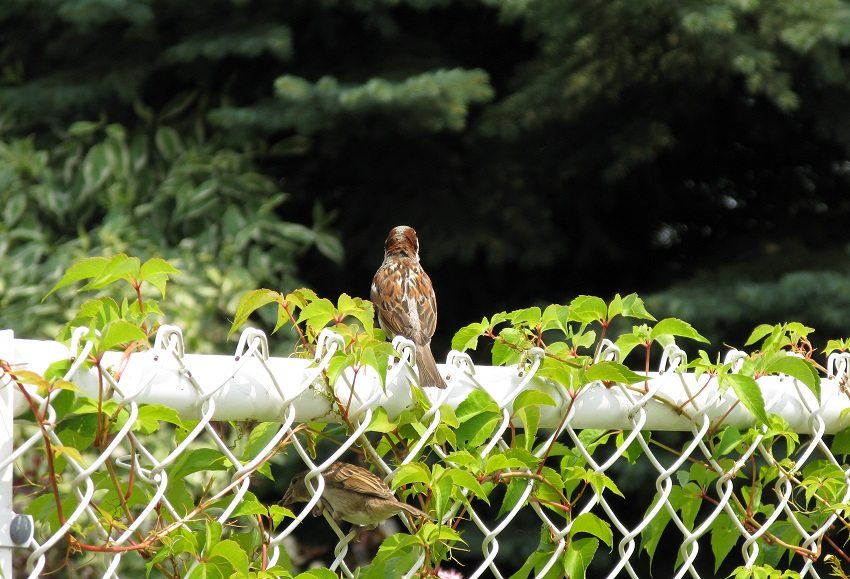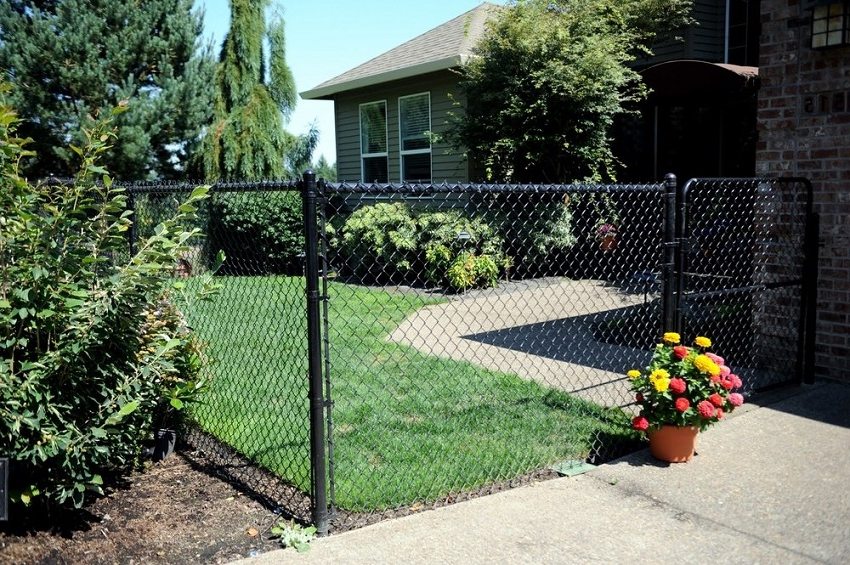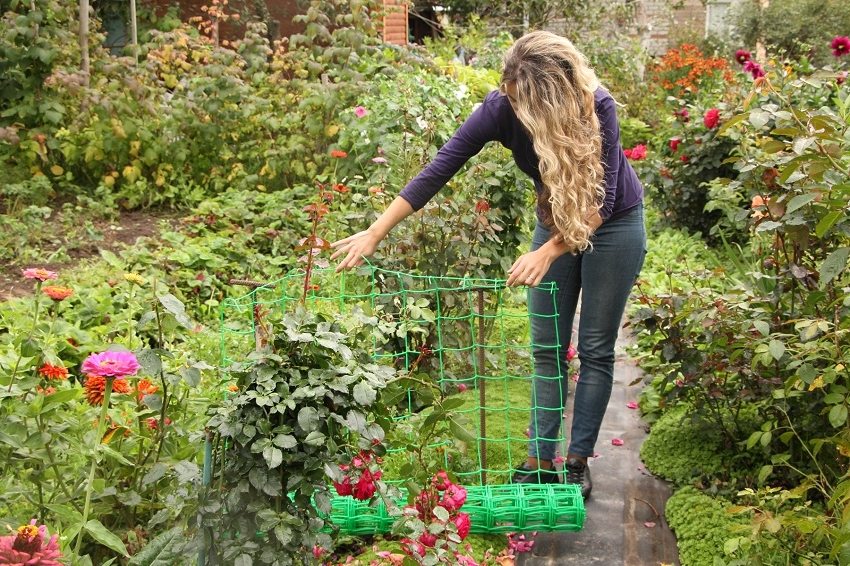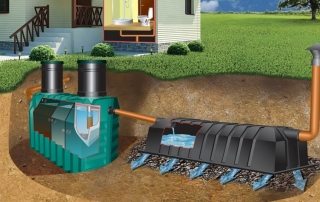Many summer residents often think about what kind of fence to frame their site in order to make the most of the territory along it. After all, some models of deaf-type fences do not let light through and give a persistent shadow. The cost of the enclosing structures also plays an important role. The optimal solutions can be fences made of gitter mesh, fences made of chain-link mesh. Photos of inexpensive hedges clearly demonstrate lightweight structures and ways to decorate them.
Content [Hide]
Fences made of gitter mesh, fences made of chain-link mesh. Photos of structures, their advantages
Having familiarized yourself with the photo of fences for giving from grids (chain-link, hitter), you can make sure that the high-quality and neatly mounted fences have a quite decent appearance. They are united by the following advantages:
- hedges fully cope with the fencing functions, preventing unwanted entry into your territory;
- fences made of nets are light and air permeable, which allows you to use the site along them for growing various crops, as well as avoid conflicts with neighbors over the shading of a particular place in a foreign territory;
- constructions can be used as a basis for climbing plants;
- mesh fences are easy and quick to install, handle the installation fence anyone can, even without experience in construction;
- the cost of such hedges is quite democratic and affordable for almost any summer resident;
- modern polymeric coatings provide protection against corrosion for mesh fences and a fairly impressive service life.
Lightweight mesh fences do not require a foundation - for their supports, it is enough to reliably install pillars by driving them into the ground or concreting them. Traditionally, a mesh fence is installed to mark the perimeter and fence of the entire backyard area or to divide the area between neighboring summer cottages. The latter option allows you to install the front part of the fence made of more expensive materials, and draw a mesh between them, which will significantly reduce construction costs fence.
Related article:
DIY gabions: step-by-step instructions for creating stone structures on the site. Selection of materials, recommendations. Advantages and varieties of gabions, features of application in the landscape.
If the owners wish to make their site inaccessible for review, you can arrange fences from nets with various types of climbing plants (climbing rose, clematis, ivy), shrubs, or decorate with a camouflage net for the fence. It is worth noting that good quality camouflage nets can last for several seasons, they are invulnerable to negative atmospheric influences and do not lose their appearance after being treated with detergents.
Useful advice! When choosing a camouflage net, give preference to a nylon-based product. Such material is resistant to any deformation, it is more elastic and durable.
Hitter mesh properties
With the advent of the gitter mesh, the appearance of mesh fences has become more refined and noble. Gitter mesh is a separate section of welded rods, which are attached to the posts with special clamps. The strength of such structures depends on the convexity of the mesh surface due to the presence of antideformation stiffeners.
Mesh rods are made of steel wire Ø 3.5-5 mm. For anti-corrosion protection, the wire is coated with a polymer or galvanized coating. The size of the panels is traditionally 2 × 2.5 m, the cell size is 50 × 100 mm. Anti-deformation ribs contribute to long-term retention of the shape of the mesh and increase its operational properties. The level of strength of panels made of gitter mesh is comparable to the strength of fences made of corrugated board.
Useful advice! If the standard height of the Hitter mesh does not meet your needs, you can purchase material with heights ranging from 530 mm to 2900 mm.
The main properties of the gitter mesh include sufficient resistance to external factors, simple and quick installation, the ability to replace failed elements without violating the integrity of the entire fence, the duration of operation and the versatility of use. It is successfully used for fencing private sites, playgrounds, parking lots, office and industrial areas.
In the industrial sector, gitter mesh fences are used if it is required to provide good visibility of the site. To enhance the protective functions, the fence made of gitter mesh is supplemented with L-shaped holders. Barbed wire, network video equipment or motion sensors can then be attached to them. If necessary, such device systems can be used for private territories.
Another advantage of the Hitter mesh is the ability to choose the material in different colors. The most popular are nets with a green polymer coating. Fence colors close to natural greenery blend perfectly with the landscape and complement the landscape. However, it is possible to choose another shade according to your personal preferences.
Installation of a fence from a Hitter mesh
The installation of the fence made of gitter mesh is carried out by installing vertical supports along the perimeter and attaching cassettes with a mesh to them. The light weight of the material and the simplicity of attaching the mesh to metal posts allow you to install the fence yourself. The key to the strength of the structure is the reliability and correct installation of the support legs.
For supports, a profile pipe of square or rectangular section 60 × 40 mm or 60 × 60 mm with a wall thickness of 2 mm is used. Poles can be installed in several ways depending on the type of soil on the site.With the usual method, it is enough to bury the posts in the ground by 0.9-1 m, and concretize the upper part of the pillar submerged in the ground (about 20 cm from the ground level). The supports are located at a distance of 2.5 m from each other.
In the case when sandy-clayey soils prevail on the site, they resort to the method of complete concreting of the supports. And if the earth is clay, it is recommended to choose a method of filling the holes around the installed pillars with rubble (bucking), followed by their compaction and pouring with concrete. After the final setting of the concrete (about 3 days), you can start attaching the mesh panels to the supports.
Useful advice! To design fence turned out to be strong, it is necessary to carefully tamp the crushed stone when installing the supports using the butting method.
Cassettes with a net are fixed to the posts with special U-shaped fasteners - clamps that come with the net. Using a wrench, the fasteners are tightly clamped.
Do-it-yourself fences from a chain-link mesh. Installation video
The netting netting remains the most relevant material for fencing summer cottages and adjacent territories. Photos of chain-link fences show two ways of constructing such fences. The simplest and most inexpensive option is tension, when the mesh is stretched between the support posts. The second option is sectional, in which fence it is assembled from separate ready-made frames, inside which the mesh is enclosed.
Installation of support pillars and the formation of a mesh fence
Metal shaped pipes are usually used as support posts for a chain-link fence. Some craftsmen sometimes use wooden beams or logs for racks. A chain-link fence with wooden supports is used if the fence is temporary or after the main construction work there are surplus wooden elements. But it should be noted that the appearance and durability of such fences will be inferior to analogs with metal racks.
The work begins with the preparation of the territory and the marking. In the corners of the perimeter, stakes are driven in and a construction cord is pulled. In order to calculate the required amount of mesh for the fence, it is enough to measure the length of the cord and add 5% of the value to it for the stock of material. After that, you can mark the installation locations of all racks, making the distance between them no more than 2.5 m, otherwise the mesh will sag.
To install the tables, holes are drilled with a depth of at least 1 m, metal poles are inserted into the holes and concreted. Next, the roll with the net is unwound on the ground next to the racks, lifted in one motion and, with the help of a wire, one edge is fixed in several places.
Useful advice!To prevent the extreme cells in the mesh from unraveling, it is equipped with curved ends on one side. When setting up a fence from a mesh, the chain-link must be placed with the folded ends up.
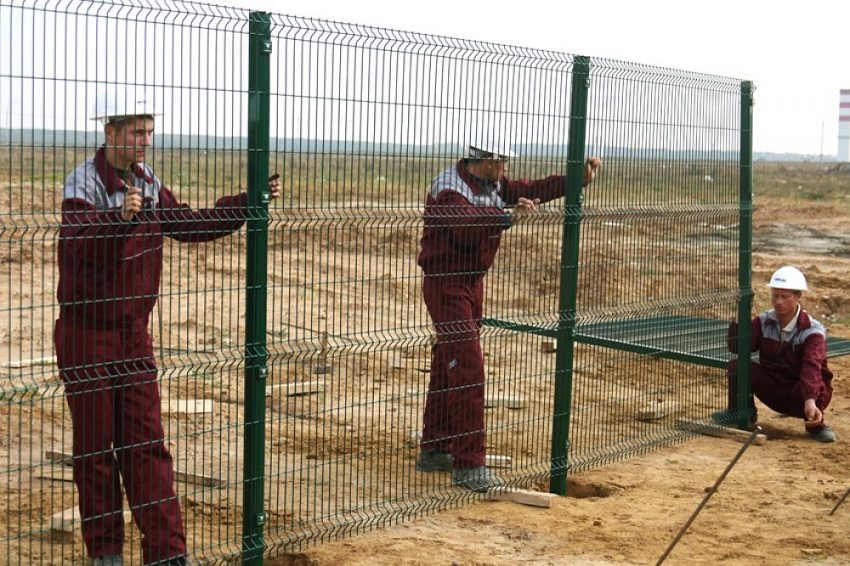
Before installing the fence, it is necessary to calculate and mark the places for placing the pillars
Before pulling the netting over the fence, hooks must be welded to the metal supports. The mesh is fixed to the wooden supports with nails.
Installation of a sectional fence from a chain-link mesh
Installation of supports for a sectional fence made of mesh is carried out in a similar way to the tension method. However, the racks are used from a metal profile of a larger section due to the fact that the load on them will be greater. The frames for the sections are made of a welded corner. Use angle steel 30 × 4, 40 × 5 mm. Frame parameters are determined based on the distance between the supports and the height of the posts. The frame should be 10-20cm less in width and height than these values.
In order to fill the roll with mesh material, roll out and cut the canvas with a grinder to the size of the frame. A metal rod is pulled along the extreme row of mesh cells and welded to the vertical support. So, in turn, do it with each side of the rectangular frame, each time pulling the mesh well.
The finished sections are welded to the support posts using metal strips. A fragment of a plate with dimensions of 30 × 5 mm will suffice. The strips are welded at a distance of about 30 cm from the top of the rack and from the ground surface. After assembling the entire structure, the weld points are carefully cleaned, primed and painted.
To find out how to make fences from a chain-link mesh, it is enough to familiarize yourself with the installation video materials and use the advice of professionals in this matter. Simplicity and ease of installation allows you to install a fence from a chain-link with your own hands. Photos of the best solutions can be easily found on the net for use as an example.
Photo of fences from the netting
Despite the simple algorithm for installing a chain-link fence, they can have a different appearance. The most budgetary option is a hedge, as supports of which round pillars driven into the ground with a sledgehammer are used. The main thing here is careful tensioning of the mesh, since the canvas does not have a rigid structure. The more fixation points there are, the more stable the fence will be. Traditionally, such structures are used to decorate the borders of neighboring territories.
The fence is more reliable when the pillars are installed exclusively vertically and are concreted. The mesh is stretched by putting it on hooks, previously welded to the posts. And broaching the horizontal reinforcing bar strengthens the structure and prevents the mesh cells from deforming.
A fence made of a chain-link mesh stretched over a metal frame made of shaped pipes looks more solid. The upper and lower guides are rectangular pipes welded to the posts. This option is quite worthy to frame not only a summer cottage, but also a small country house. The frame can also be assembled from pipes with a circular cross section.
To exclude the ingrowth of the mesh into the ground, a strip base is arranged under the hedge. In this case, the bottom end of the mesh runs along the concrete parapet, due to which the material is less susceptible to corrosion. The line of such a fence looks even and clear, and if you veneer the parapet with a stone, you get a pretty nice structure. The cost of such a fence will be higher, but in this way you can protect the area from the entry of small animals.
An excellent choice is the sectional fence from the netting, if the territory of the site has irregularities and drops. Fence spans installed at different levels completely solve this problem. In addition, the frames of the fence sections can be painted in different colors, which will make it bright and stand out against the dull monochromatic hedges.
Plastic mesh for fences
A relatively new type of material - plastic garden mesh for fences. This mesh fabric is very popular in the construction industry. This versatile material is used for concrete screed, masonry, plastering and fencing. With the help of a decorative mesh for the fence, summer cottages are landscaped, flower beds are formed, rest areas are enclosed, fences are framed, and poultry houses are also erected.
Of the main quality properties of plastic garden mesh, it is possible to note low weight, resistance to natural phenomena, the ability to withstand temperature extremes and not succumb to corrosion. It is convenient to transport and store the mesh fabric, packing it in large rolls allows you to significantly reduce material consumption during installation due to the minimum number of joining lines.
In addition to the high aesthetic and operational characteristics of the material, the price of plastic garden fence mesh is available to any buyer. Estimated cost of plastic mesh with different mesh sizes:
| Material name | Width, roll length, m | Cell size, mm | Mesh color | Cost per roll, RUB |
| Plastic fence grill Z-70 / 1.5 / 25 |
1.5 x 25 | 70 x 70 | Turquoise | 2310 |
| Plastic fence grill Z-55 / 1.2 / 25 |
1.2 x 25 | 55 x 58 | Khaki | 3260 |
| Plastic fence grill Z-55 / 1.9 / 25 |
1.5 x 25 | 70 x 58 | Khaki | 3210 |
| Plastic fence mesh Z-55 / 1.9 / 25 |
1.9 x 25 | 55 x 58 | Green | 6310 |
| Plastic fence grill З-10/2/30 |
2 x 30 | 10 x 10 | Khaki | 8310 |
| Plastic fence grill З-10/20/30 |
2 x 30 | 32 x 32 | Khaki | 9210 |
Fences made of various types of nets remain the most popular among summer residents and residents of the private sector. Given the affordable cost and ease of installation, mesh fences are successfully erected on their own, they have a neat appearance and can last up to 20 years.
